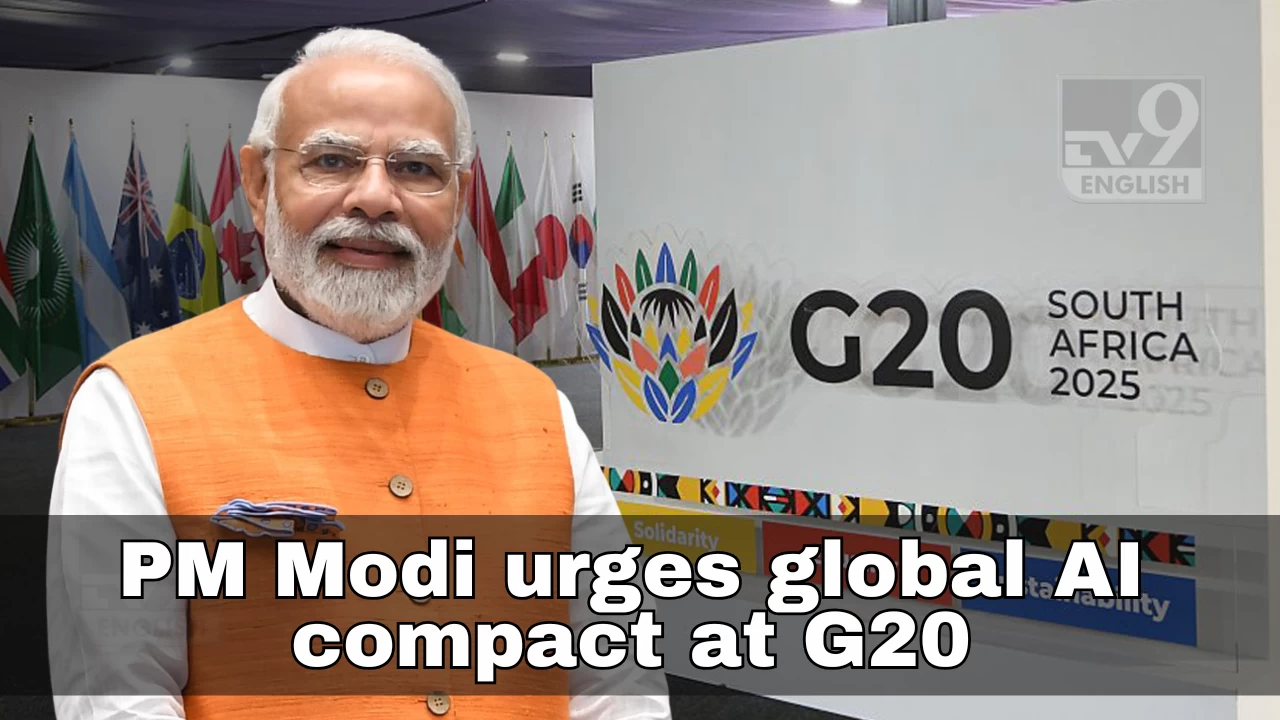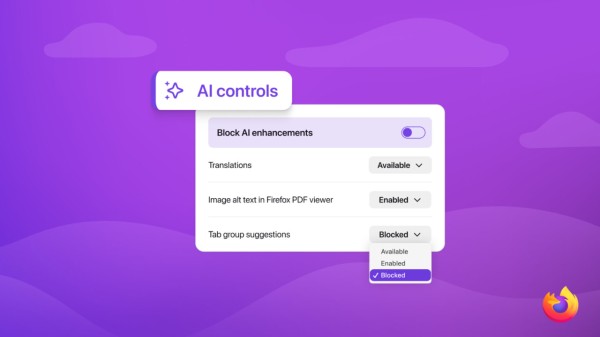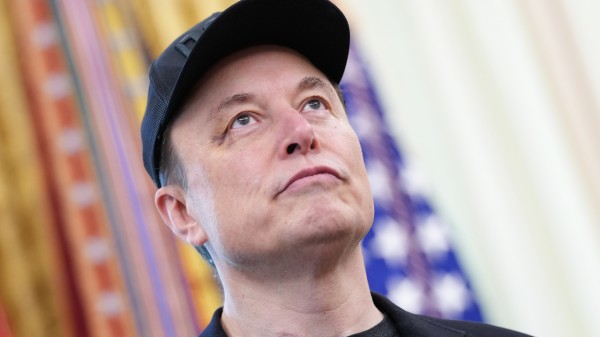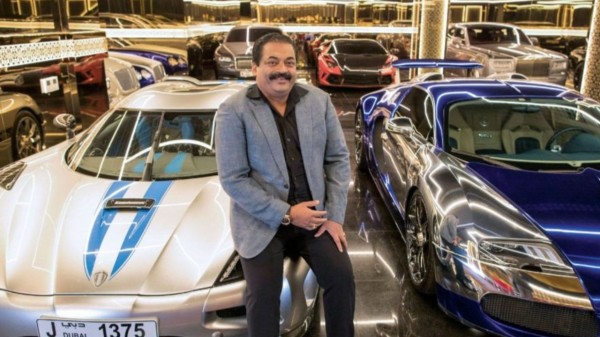

By signing in or creating an account, you agree with Associated Broadcasting Company's Terms & Conditions and Privacy Policy.


By signing in or creating an account, you agree with Associated Broadcasting Company's Terms & Conditions and Privacy Policy.

New Delhi: World leaders met in Johannesburg on Saturday for the G20 Leaders’ Summit, hosted by South African President Cyril Ramaphosa. Prime Minister Narendra Modi reached the city a day earlier and held several bilateral meetings, including talks with Australian Prime Minister Anthony Albanese. By the time formal sessions began, technology and AI governance had already emerged as key themes in the discussions involving India.
AI has now moved from being a side topic at global forums to a central concern. Many leaders are now urging stronger rules and clearer safeguards as the technology spreads across public life.
During the session titled “A Fair and Just Future for All - Critical Minerals; Decent Work; Artificial Intelligence,” PM Modi pushed for coordinated global action on artificial intelligence. He urged countries to move toward a global compact on AI to prevent misuse and protect public trust. Quoting concerns highlighted during the session, Modi said AI must remain “human centric, transparent, responsible, and free from abuse in areas like deepfakes, crime, and terrorism,” according to PTI.
Modi also stressed that AI systems which influence citizens or sensitive sectors must be auditable and accountable. He added that “final decision making must rest with humans,” a point that has gained relevance as AI generated content becomes harder to detect.
Alongside the AI agenda, the Prime Minister outlined six broad proposals for new G20 led initiatives. These ideas reflect India’s priorities around security, healthcare, skills, and digital cooperation.
The proposals include:
Each of these ideas touches on areas linked to technology, economic resilience, or digital public goods. The satellite data partnership, for instance, could help developing regions gain better access to Earth observation tools used for climate and agriculture planning.
PM Modi also called for a global framework on talent mobility. He said such a system would help prepare countries for the “Capabilities of Tomorrow.” This aligns with ongoing concerns over workforce gaps in AI, cybersecurity, semiconductor manufacturing and other high skill sectors.
For India, which has one of the world’s largest pools of tech workers, the proposal fits the country’s larger goal of shaping global digital policy while expanding opportunities for skilled professionals.
The Johannesburg summit underlined how quickly AI has moved to the front of international diplomacy. Concerns about deepfakes, data security, automated decision systems and talent shortages have pushed governments to rethink how AI should be regulated.












